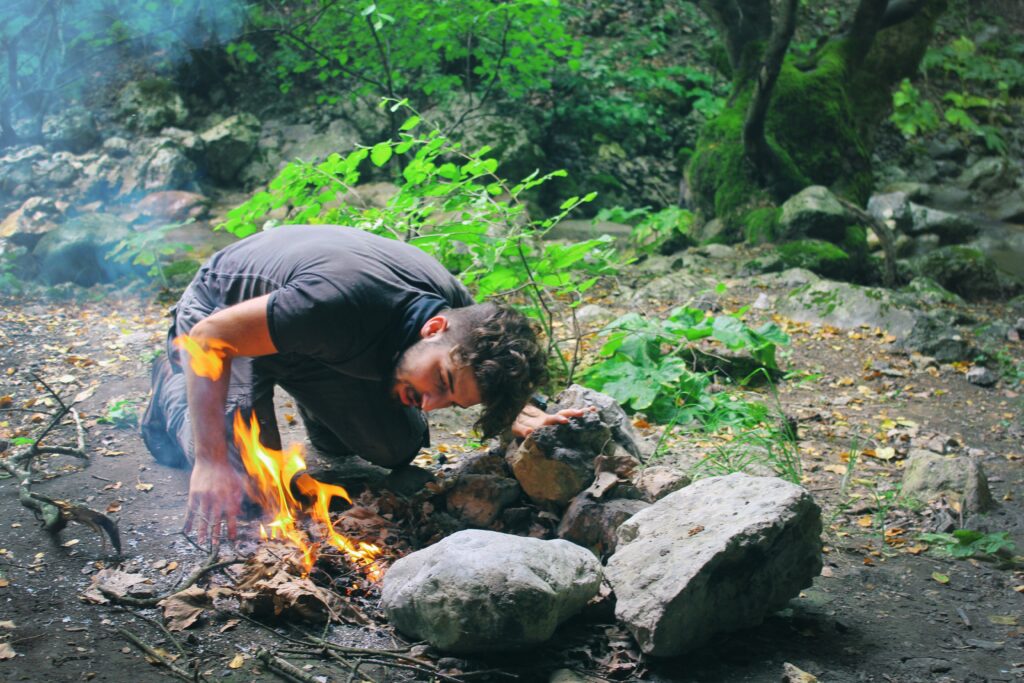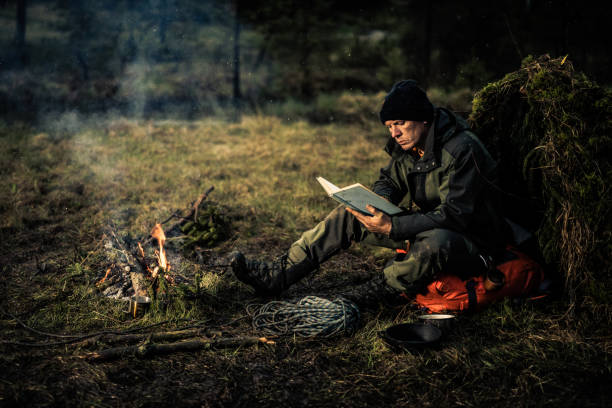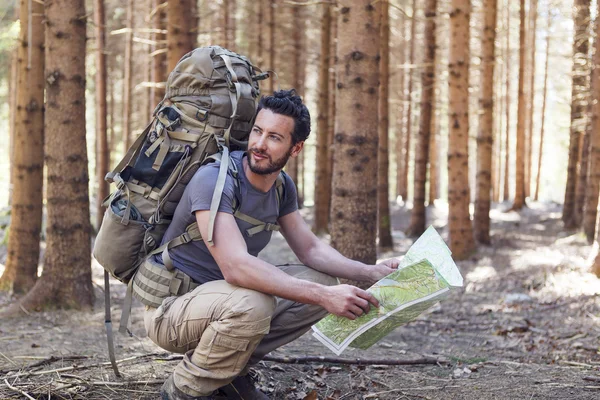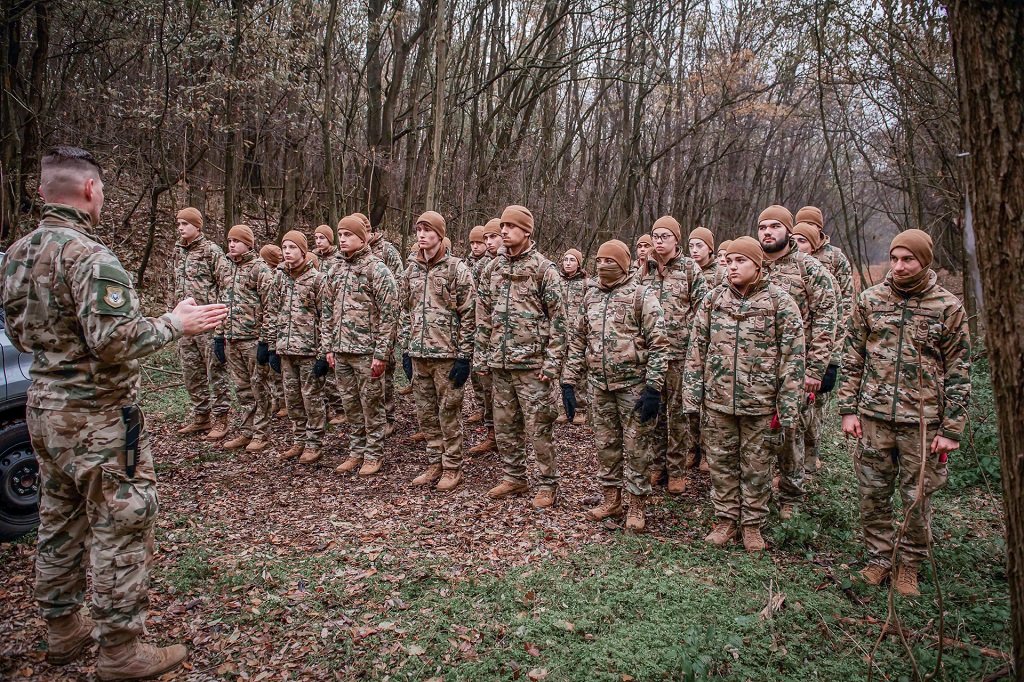Survival mode, a concept that has fascinated and challenged humanity throughout its existence, is an innate response to extreme conditions, a transformative state that pushes the boundaries of human capabilities and endurance. Historically, this mode has been activated in scenarios where the usual comforts and certainties of life are stripped away.
Survival mode
Leaving individuals or groups to fend for themselves in environments that are often hostile and unforgiving, survival mode, in its most primal form, dates back to the earliest days of human evolution, where the primary concerns were finding food, shelter, and protection from predators.
This mode of existence was not a choice but a necessity, deeply ingrained in the human psyche. Early humans had to develop acute sensory awareness, physical strength, and intelligence to outwit both predators and competing tribes. The development of tools, from simple stone implements to complex hunting weapons, marked a significant advancement in this survival struggle.
As civilizations evolved, the nature of survival mode changed but never disappeared. In ancient times, empires and tribes often clashed, leading to war and displacement. People had to adapt to new environments, rebuild their lives from scratch, and learn to defend themselves against new threats.
These historical experiences have ingrained a deep understanding of survival in the human consciousness, a legacy that continues to influence our responses to crises today. In modern times, the concept of survival mode is more nuanced, while survival mode can be triggered by various modern-day crises such as natural disasters, economic collapses, or pandemics.
While few people in developed countries face daily threats to their physical existence, when these events occur nowadays, people often find themselves in situations where they must quickly adapt, ration resources, and find new ways to endure and overcome challenges.
Psychologically, survival mode is characterized by a heightened state of alertness. The brain, recognizing a threat, prioritizes immediate needs and safety. This can lead to increased adrenaline production, sharper focus, and remarkably quicker reaction times.
However, these benefits come with a cost. Prolonged survival mode can lead to stress, anxiety, and fatigue, as the body is not meant to operate in this heightened state indefinitely. Social dynamics also change significantly in survival mode. In some cases, people come together, forming tight-knit communities to support each other.
In others, the strain can lead to conflict, as individuals or groups compete for limited resources. The moral and ethical considerations in such scenarios are complex and often lead to difficult choices. In literature and popular media, survival mode is a common theme, explored in countless novels, movies, and video games.
These stories often depict characters pushed to their limits, facing not only external threats but also internal conflicts and moral dilemmas. They resonate because they reflect a fundamental aspect of the human experience, which is the struggle to overcome adversity.
Technological advancements have also influenced survival mode. Modern tools and knowledge can greatly enhance one’s chances of survival in extreme conditions. For example, GPS devices and satellite phones can be lifesavers in really remote areas.
Similarly, advancements in medical technology can mean the difference between life and death in emergency situations. However, technology can also create new survival scenarios. Cyber threats, for example, can disrupt essential services and infrastructure, creating a different kind of survival challenge in our interconnected world.
Survival mode is a multifaceted concept that encompasses physical, psychological, and social aspects. It is a testament to the resilience and adaptability of humans, a reminder of our primal instincts, and a reflection of our ability to overcome adversity. Adaptability, resourcefulness, and resilience remain as relevant today as they were to our ancient ancestors.






